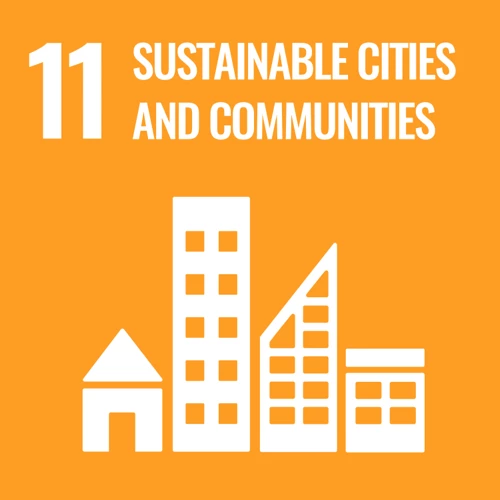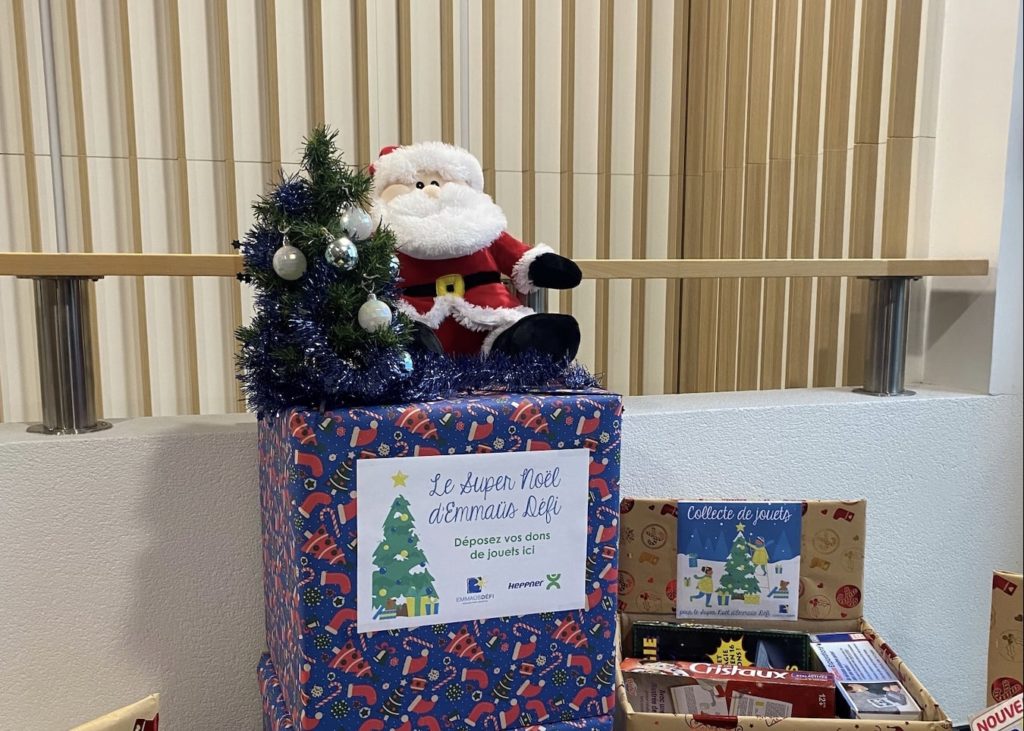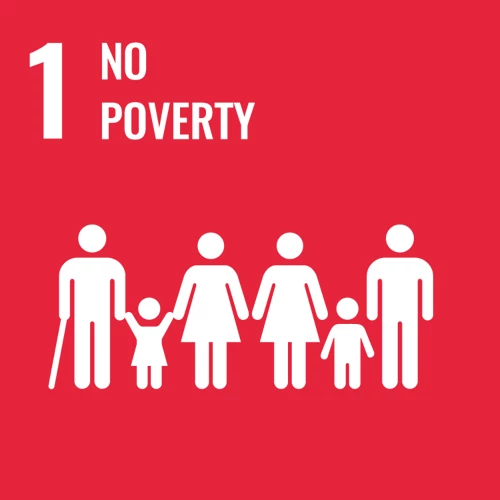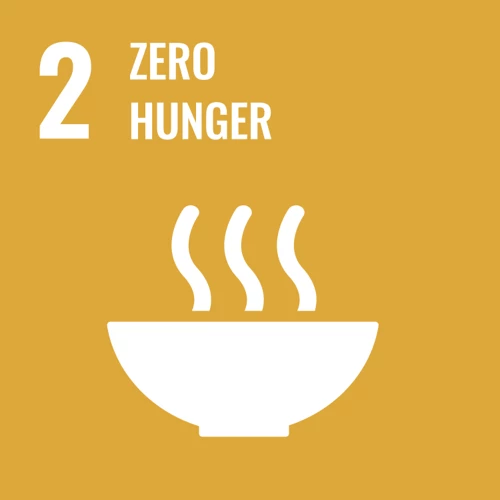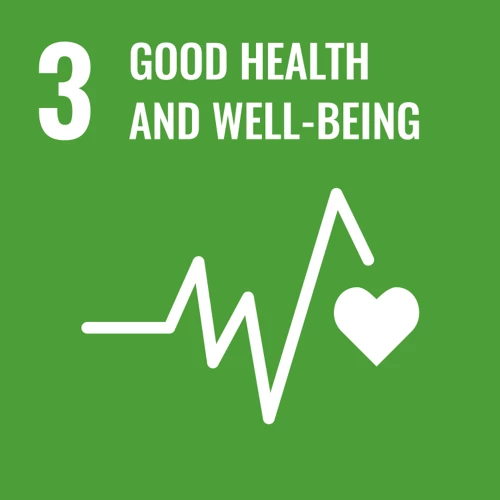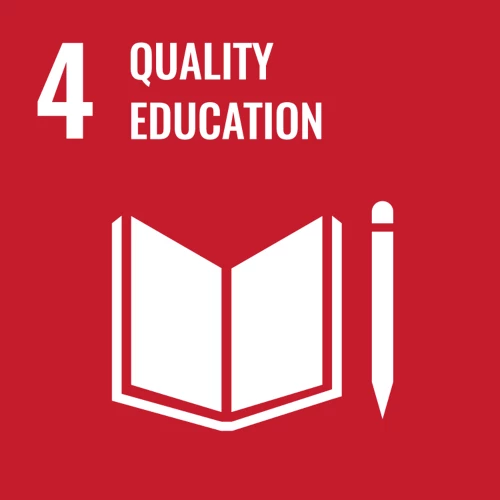Our employees are committed (…). It’s a community we are a part of (…) in that we want our suppliers and customers to follow the same path (…).
What does it mean for a Group like Heppner to be a committed local player?
Heppner is above all a territorial organisation. Our business model is based on fostering the entrepreneurial spirit, and we work with independent, local companies rooted in their territory. Our employees are involved in local associations, business and sports clubs. It is a community we are a part of, and we try to encourage this social aspect inside and outside Heppner, with an alignment that I would describe as congruent in that we want our suppliers and customers to follow the same path as us.
How does that manifest in your supplier relations?
The supplier experience is one of our strategic pillars. Consequently, we consult them every year and implement local actions to improve their satisfaction. We also know that our impact, in terms of carbon emissions (scope 3), is also mirrored by our suppliers. So we have a responsibility towards our subcontractors, because we want our business model to endure. In this context, we seek to engage them in greener approaches. Particularly since implementation of our energy transition programme in 2020, we have been supporting them in decarbonising their fleet. Our subcontractors are part of Heppner’s value creation chain, sometimes in direct contact with our customers, so they are one of the channels through which we convey our image and commitments to customers.
Does the social dynamic that you embody generate any concrete actions?
Yes, we have some fine examples of the emergence of charity initiatives. One such example is the Emmaüs Défi Super Christmas, which we have been running jointly with our customer Hasbro for the past two years: thanks to our respective employees, we have pooled our energies for this cause. Fostering the entrepreneurial spirit also resonates with our employees, whom we support in implementing community projects through our “charity and territorial initiatives”, such as this year’s winning project, “Regards Solidaires” (https://regardssolidaires.com/), which consists of distributing fresh food baskets by tricycle to students in Strasbourg.
All these charity actions, whether local, national or soon even international, are included in my budgets, in my objectives, and we give ourselves the means, collectively, to achieve them.
This helps boost our employees’ engagement and commitment to the company, because it is not just about writing a cheque to an NGO, but also about embodying values in the field!

